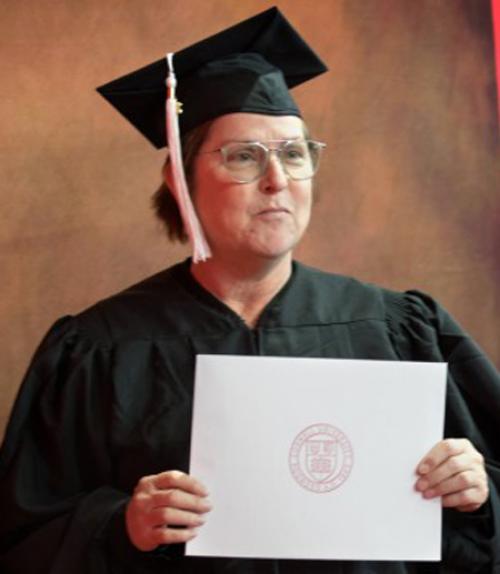Your January 2026 reads
Cornellians
 Department Homepage
The College of Arts & Sciences
Department Homepage
The College of Arts & Sciences
